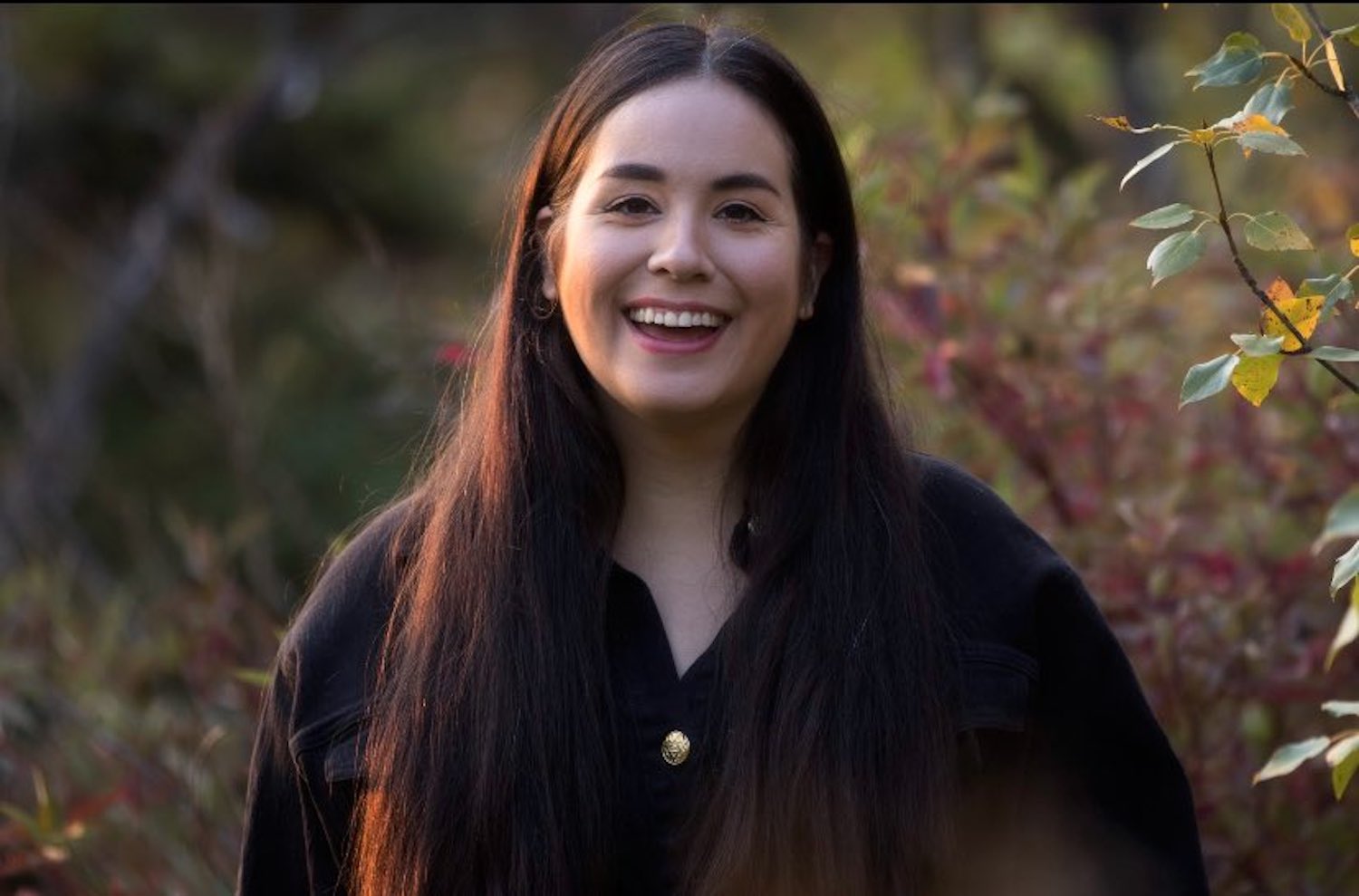Back in the 2015 federal election, Emily Riddle almost voted for an Indigenous woman: Jody Wilson-Raybould.
Riddle, 28, who is from the Alexander First Nation near Morinville, Alberta, was living in the Vancouver-Granville riding at the time. But she stopped on the way to casting her ballot, realizing she didn’t want to vote at all.
“It was in my understanding of treaty that I don't participate in settler politics,” she said. On top of that, she said she would have been voting for someone to govern land that’s not hers.

Riddle, a board member at Ryerson University-based Indigenous think tank Yellowhead Institute, is just one of the millions of people across Canada who didn’t vote in Monday’s election. According to early Elections Canada, 66 percent of eligible voters showed up to the polls, with roughly 18 million ballots cast. The turnout was slightly down from 2015, when 68.5 percent of eligible Canadians voted.
The narrative around people who don’t vote tends to veer into shaming territory. A Toronto Star column claimed, “if you don’t vote, you are a lousy citizen and every time you complain in the next four years, you will know in your heart that you are the person decency forgot.” An editorial cartoon in that same newspaper depicted a man redirecting protesters to go vote while shouting “making a real difference is this way!” The subtext is that protesting doesn’t amount to “making a real difference.” (The evidence suggests otherwise.) And the onslaught of voting selfies no doubt adds to the pressure to vote, which isn’t necessarily a bad thing.But the idea that everyone who doesn’t vote is apathetic or lazy is misguided.
Riddle considers voting a “low form of civic engagement.” Her work at Yellowhead Institute affects the decisions of the Assembly of First Nations and the ministry of Indigenous affairs and she said being able to critique legislation is her priority.
“That is more direct to me than showing up to a poll, which I personally see as ceding my personal autonomy and political history as a treaty descendant.”
In response to her Twitter discussions about not voting, she said some Indigenous people have said voting is a form of harm reduction, even though it’s an imperfect system.
“Conservative policy means that more Indigenous people will die,” she said, noting that she believes access to healthcare and education would get worse under a Conservative government.
But she doesn’t think Indigenous people should feel guilted into participating in electoral politics based on that argument. “It’s not Indigenous people’s responsibility to do their own harm reduction,” she said.
Edmonton-based writer Bashir Mohamed said not voting can itself be a political act.
“The number of Canadians who don’t go to the polls should be a valuable number to politicians,” he said. “It’s on… politicians and the political system to make it worth voting for those people.”
Mohamed said he considered not voting in the most recent election, but ultimately decided to support his local candidate. He “rolled his eyes” when he saw the column in the Star, particularly because other forms of activism like protesting or writing letters aren’t treated with the same reverence.
While non-voters are often admonished, people who vote but don’t participate in any other form of civic engagement should also be fair game for criticism, Mohamed said.
“Anyone who voted Liberal in the last election—I think they have an onus to make sure the promises are actually followed through,” he said, noting it’s a privileged position to be able to vote and feel like you don’t need to move the political needle in any other way.
“If the government, for example, cuts healthcare for refugees, if the provincial government changes structures to unions…it’s likely not going to affect somebody who comes from a pretty well-off background,” he said.
Toronto lawyer Caryma Sa’d is organizing a protesting workshop in part for people who don’t vote but want to participate in democracy in other ways.
Sa’d said there are lots of reasons Canadians don’t vote, besides just apathy. Some are logistical—people who juggle different jobs or have health issues might not be able to vote.
But there are also people who don’t believe voting is an effective way to have their voice heard. Sa’d pointed out this campaign itself, plagued with blackface and insurance credentials scandals, was light on actual policy discussion. Indigenous issues, the deadly opioid crisis, and even climate, which was meant to be front and centre, barely came up.
“Someone who is not participating in what they perceive as a charade of a process, doesn’t mean they don’t care about their community,” she said.
Follow Manisha on Twitter